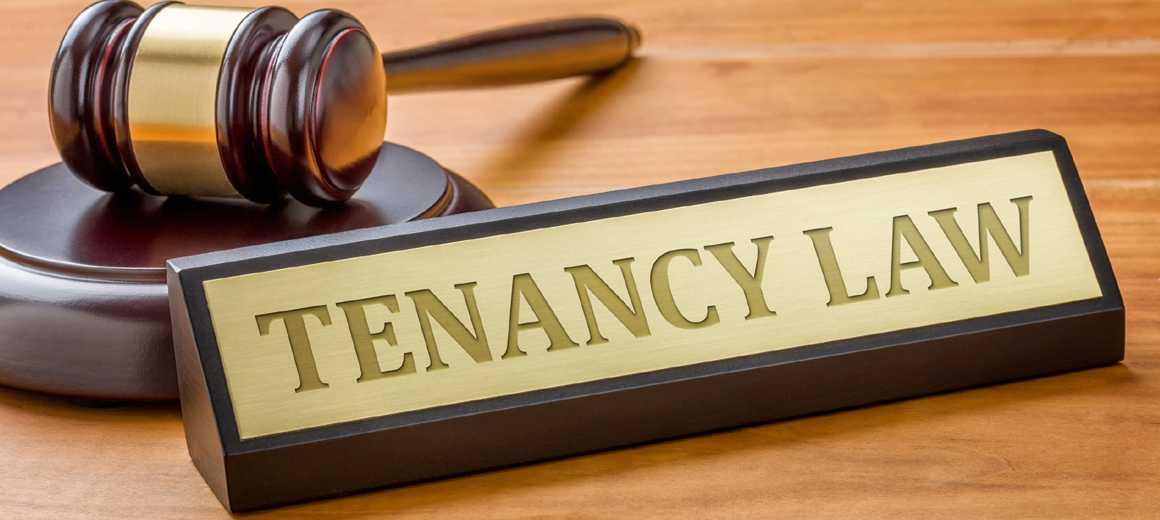
Tips for Tenants
Know your rights when you rent a house or apartment.
The best way to win over a prospective landlord is to be prepared. To get a competitive edge over other applicants, bring the following when you meet the landlord:a completed rental application; written references from landlords, employers, and colleagues
Carefully review all of the conditions of the tenancy before you sign on the dotted line. Your lease or rental agreement may contain a provision that you find unacceptable — for example, restrictions on guests, pets, design alterations, or running a home business. For help reviewing your lease or rental agreement.
Generally in Karachi and some other part of country there is custom of goodwill (Pagree). Which means the landlord receive the handsome money against the property and also receive the very little rent. As per law the goodwill has no value and it is consider as tenancy. And these kind of cases are consider as rent cases like other cases.
To avoid disputes or misunderstandings with your landlord, get everything in writing. Keep copies of any correspondence and follow up an oral agreement with a letter, setting out your understandings. For example, if you ask your landlord to make repairs, put your request in writing and keep a copy for yourself. If the landlord agrees orally, send a letter confirming this.
Pay your rent in time and before the 10th of every English calendar or as mutually agreed in the rent agreement and never forget to get the receipt of the rent. If your landlord refuse to receive the rent then you have to send the rent through money order.
Don’t allow the landlord to enhance the rent every year. Generally the landlord execute the lease / rent agreement only for eleven months and after one year enhance the rent. But as per law the landlord can enhance the rent 10% after three year and never accept any unlawful demand of the landlord.
In case the landlord refuses to receive the rent by hand or through money order then you have to deposit the rent before the Rent Controller with the written permission of the Rent Controller. Otherwise you will be deemed as willful defaulter and the landlord can evict your from the rented premises on the ground of willful default.
Next to disputes over rent or security deposits, one of the most common and emotion-filled misunderstandings arises over the tension between a landlord’s right to enter a rental unit and a tenant’s right to be left alone. If you understand your privacy rights (for example, the amount of notice your landlord must provide before entering), it will be easier to protect them. For more information.
Know your rights to live in a habitable rental unit — and don’t give them up. The vast majority of landlords are required to offer their tenants livable premises, including adequate weatherproofing; heat, water, and electricity; and clean, sanitary, and structurally safe premises. If your rental unit is not kept in good repair, you have a number of options, ranging from withholding a portion of the rent, to paying for repairs and deducting the cost from your rent with the permission of the landlord, if your landlord refuse to repair then you can file the application before the Rent Controller who is almost Senior Civil Judge of your jurisdiction.
Keep communication open with your landlord. If there’s a problem — for example, if the landlord is slow to make repairs — talk it over to see if the issue can be resolved short of a nasty legal battle. Otherwise you can give a written Notice to the landlord for repairing the rented premises.
If you landlord want to evict you without any legal cause, without any legal authority and without due course of law you have remedy in the civil court by filing the Suit for permanent Injunction and get status quo that landlord will not evict your without due course of law.
If case your landlord file case for ejectment in the court. You have right to contest the matter and bring all evidence and documentary proof and as well you have also right to file the appeal against the order of Rent Controller.
To protect yourself and avoid any misunderstandings, make sure your lease or rental agreement is clear on the use and refund of security deposits, including allowable deductions. When you move in, do a walk-through with the landlord to record existing damage to the premises on a move-in statement or checklist.
Learn whether your building and neighborhood are safe, and what you can expect your landlord to do about it if they aren’t. Get copies of country law or local laws that require safety devices such as deadbolts and window locks, check out the property’s vulnerability to intrusion by a criminal, and learn whether criminal incidents have already occurred on the property or nearby. If a crime is highly likely, your landlord may be obligated to take some steps to protect you.
Know when to fight an eviction notice — and when to move. If you feel the landlord is clearly is the wrong (for example, you haven’t received proper notice, the premises are uninhabitable), you may want to fight the eviction. But unless you have the law and provable facts on your side, fighting an eviction notice can be short-sighted. If you lose an eviction lawsuit, you may end up hundreds (even thousands) of dollars in debt, which will damage your credit rating and your ability to easily rent from future landlords
